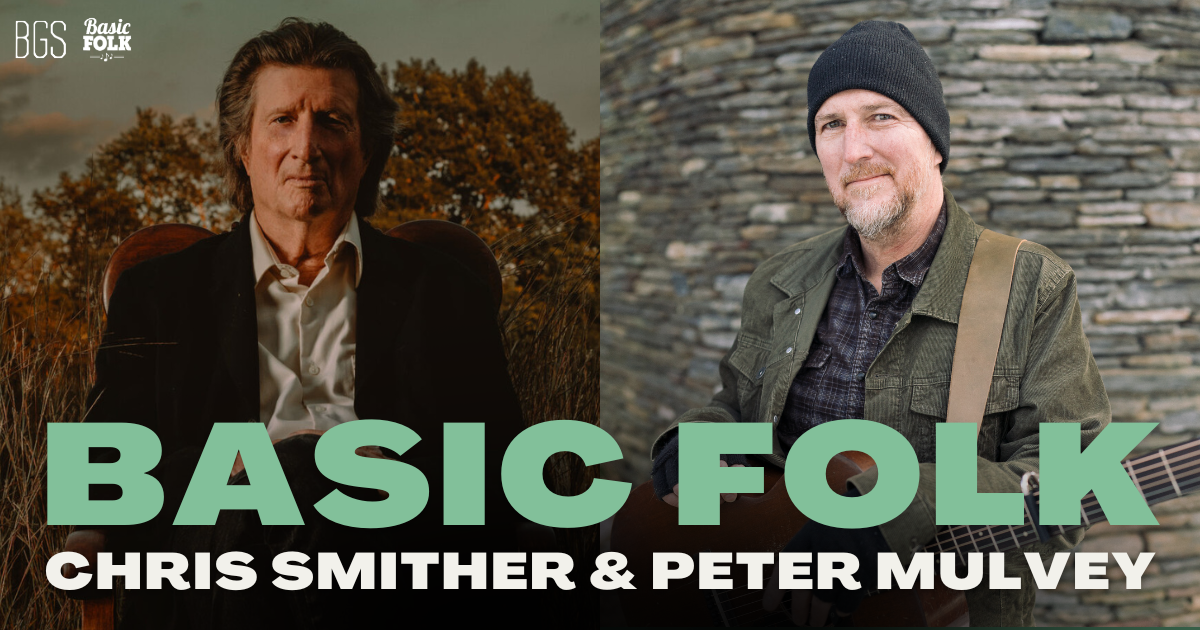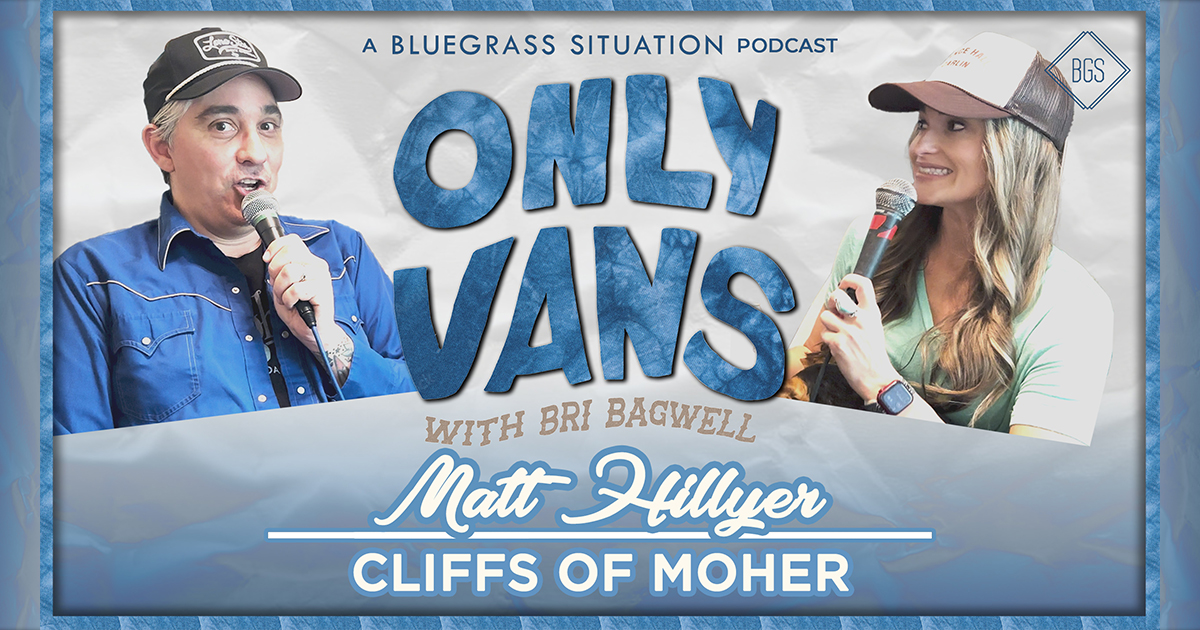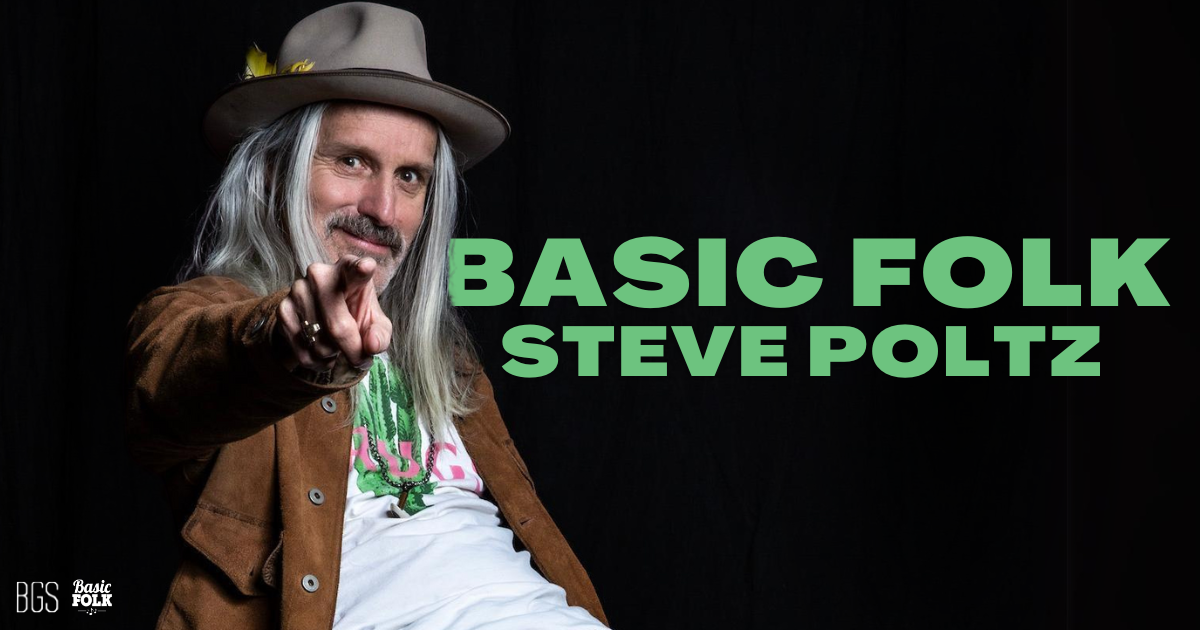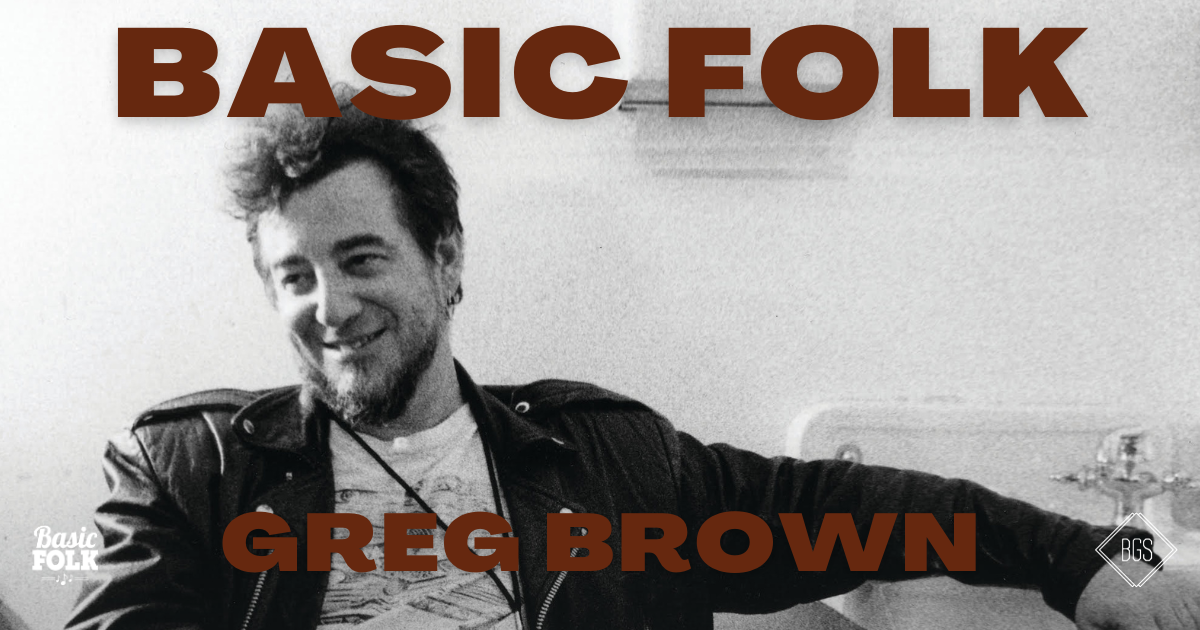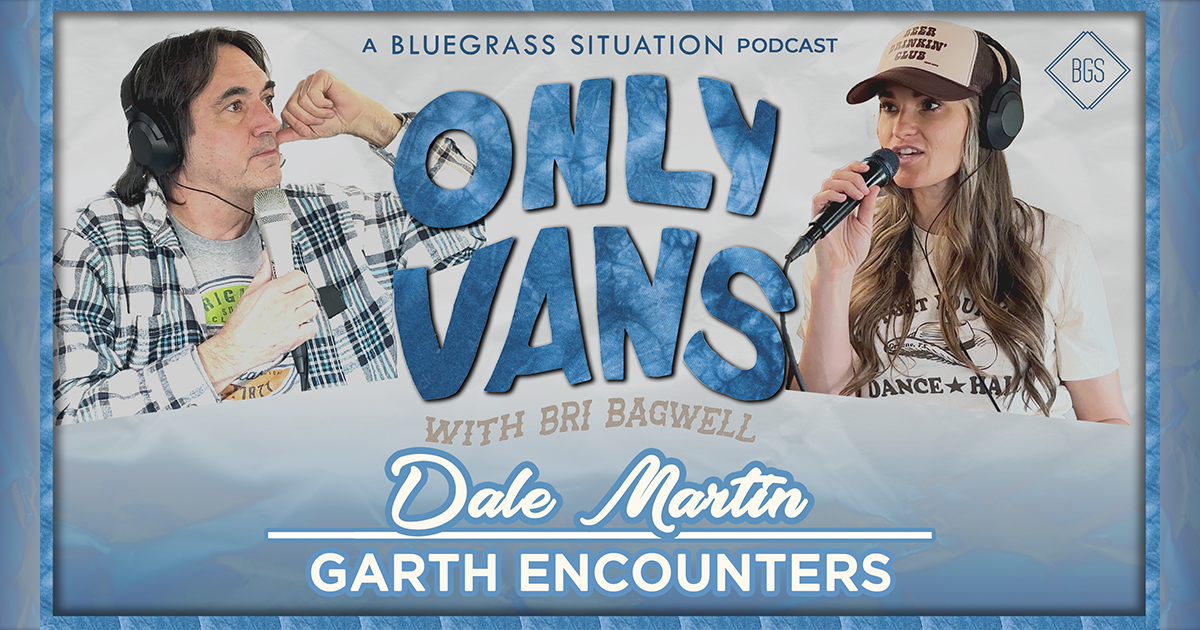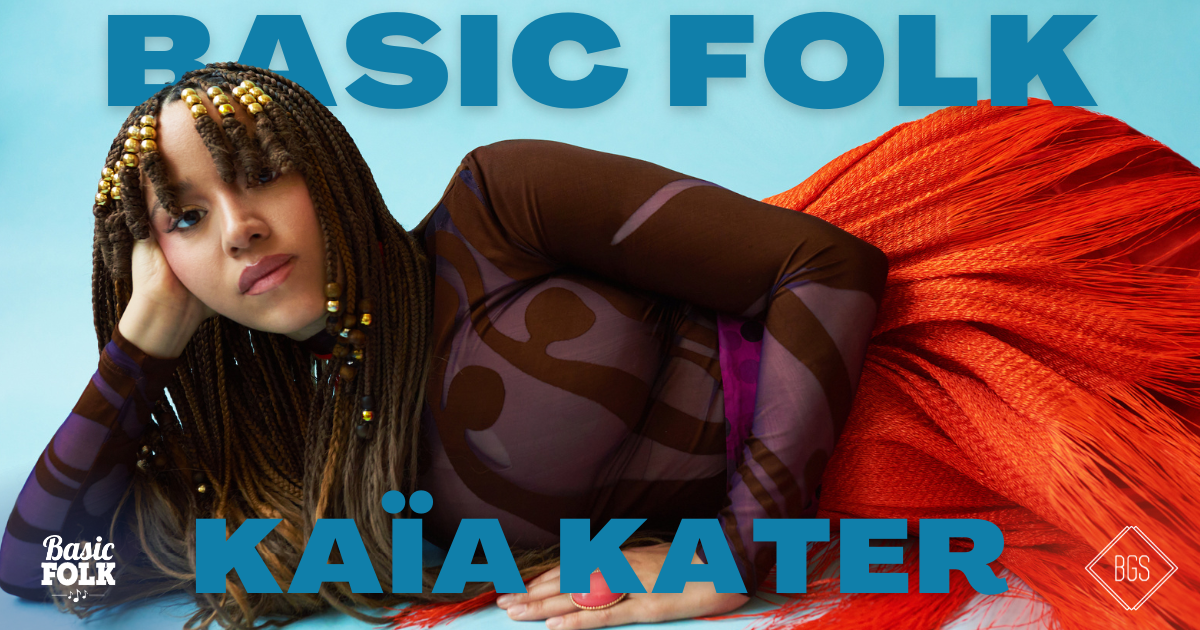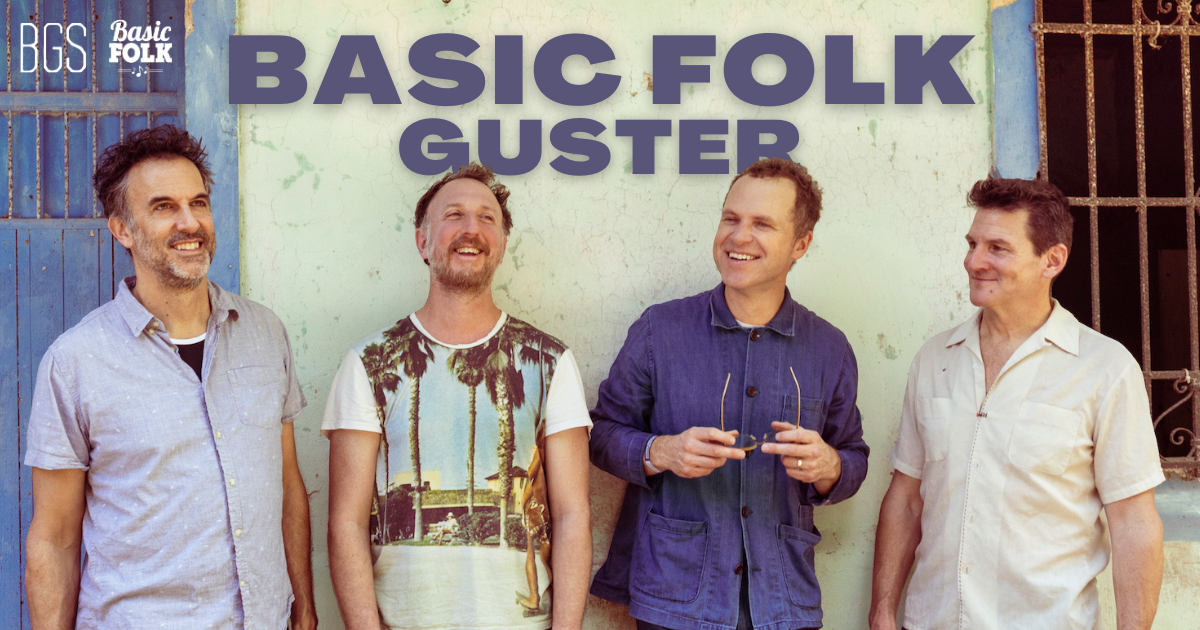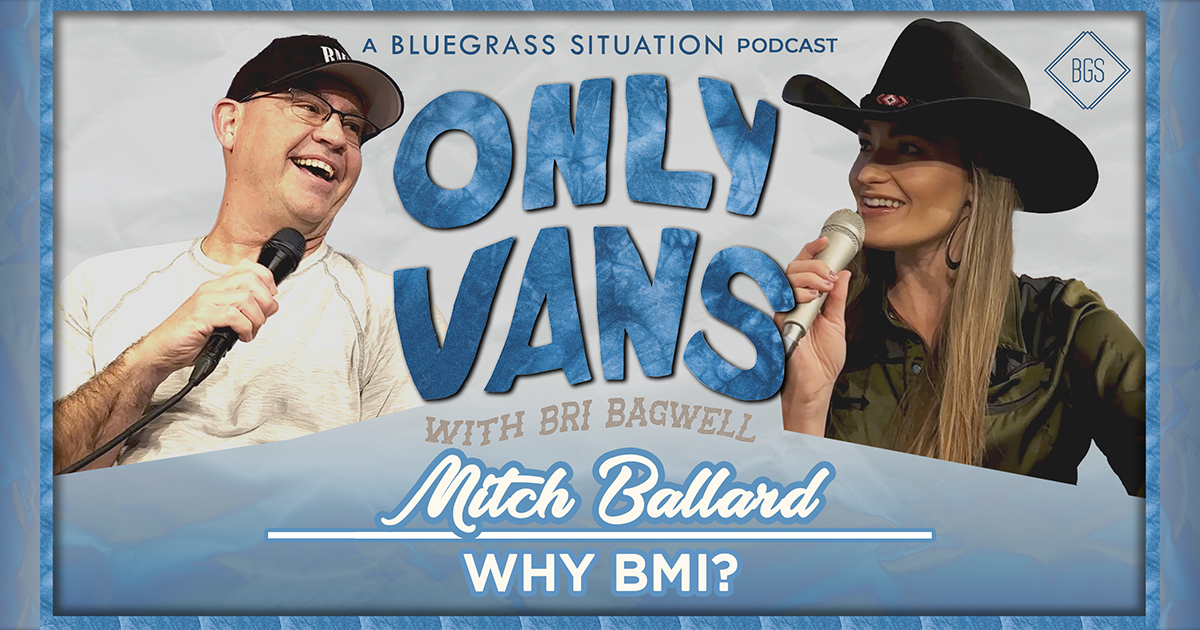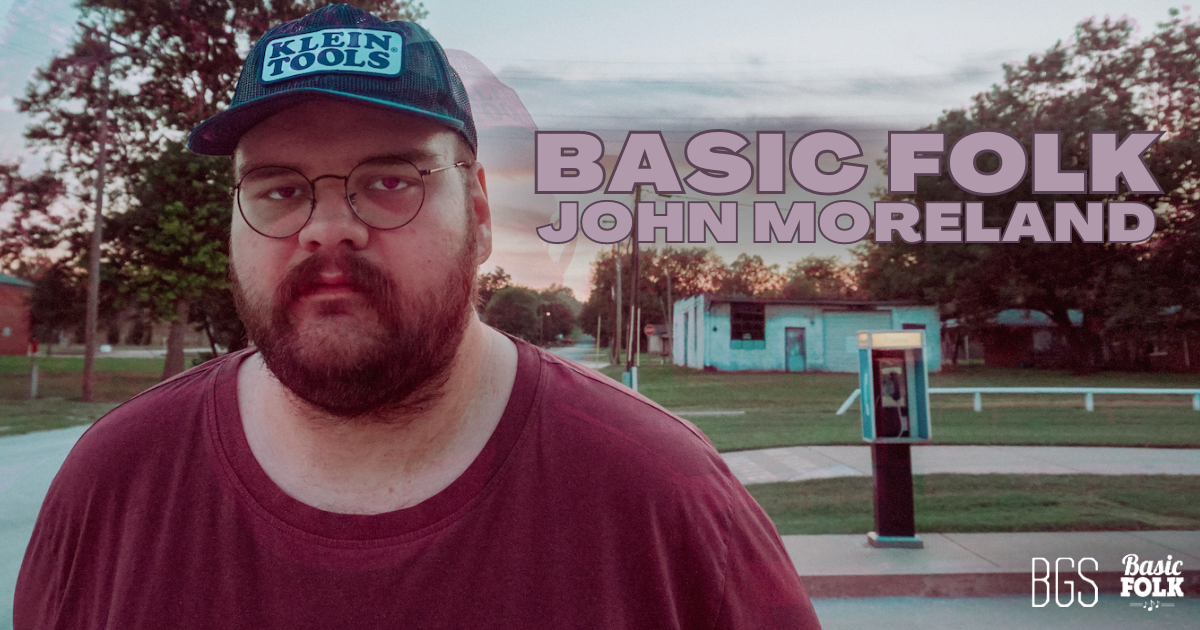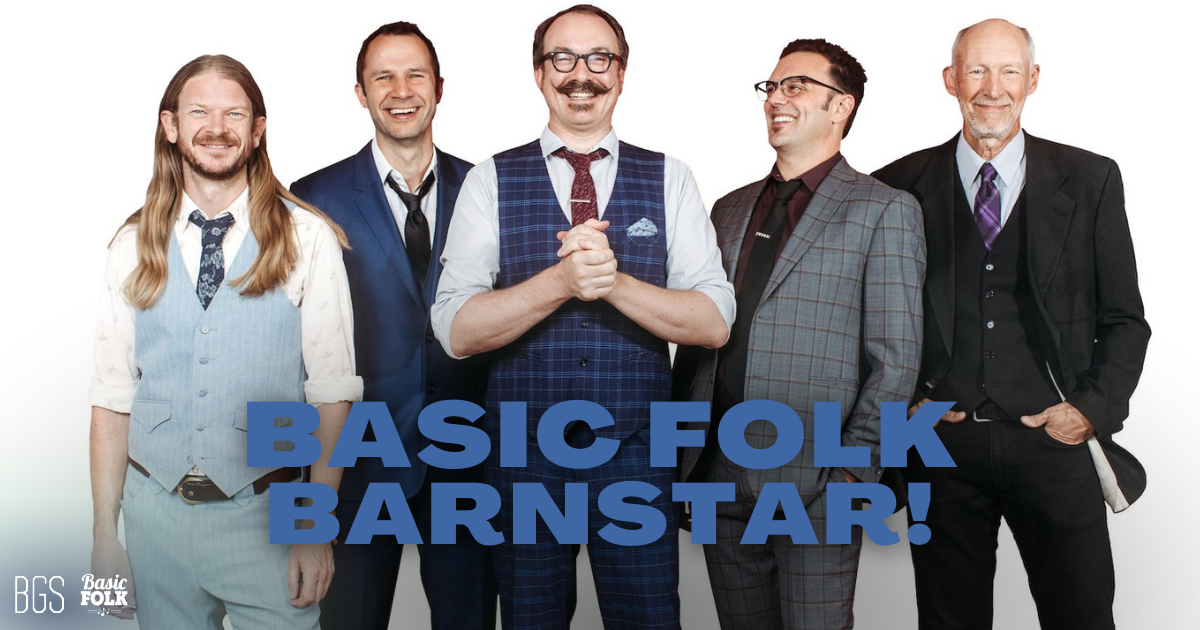Chris Smither has been Peter Mulvey’s mentor since back in 1993, when a young Mulvey opened for the already seasoned Smither. The blues and folk legend liked what he heard and enjoyed their similarities in creativity and quirks; he took that young man on the road with him. Their musical partnership has survived the digital age, the pandemic, parenthood, and the indictment of a former president. Along the way each has worked to influence their best habits and life lessons on the other. As far as mentor-mentee relationships go, this one is for the history books.
LISTEN: APPLE • SPOTIFY • AMAZON • MP3
In this rare joint interview on Basic Folk, we address the important questions: Why do they delight in calling each other by their last names? Smither shares that he was first called by his last name in Paris when he was in school. The two debate who has the better hometown, Milwaukee or New Orleans. Actually, it’s not so much a debate as a reflection on New Orleans music, since that is clearly the better spot to grow up as a musician.
Mulvey reflects on their musical differences, citing some of his main inspirations to be Kendrick Lamar and Ani DiFranco, versus Smither’s affinity for Joni Mitchell and Bob Dylan. There are nods to David “Goody” Goodrich, Jeffrey Foucault, Kris Delmhorst and the woman behind it all, Carol Young (AKA Smither’s long-time manager, AKA his wife). We break down how each feels about fatherhood and try to get Smither to spill his secret to longevity. Spoiler alert: It’s not from remaining still.
Smither’s 20th album, All About the Bones, is out now. Peter Mulvey’s latest is the acoustic retrospective, More Notes From Elsewhere.
Photo Credit: Chris Smither by Jo Chattman; Peter Mulvey by Paul Reitano.
